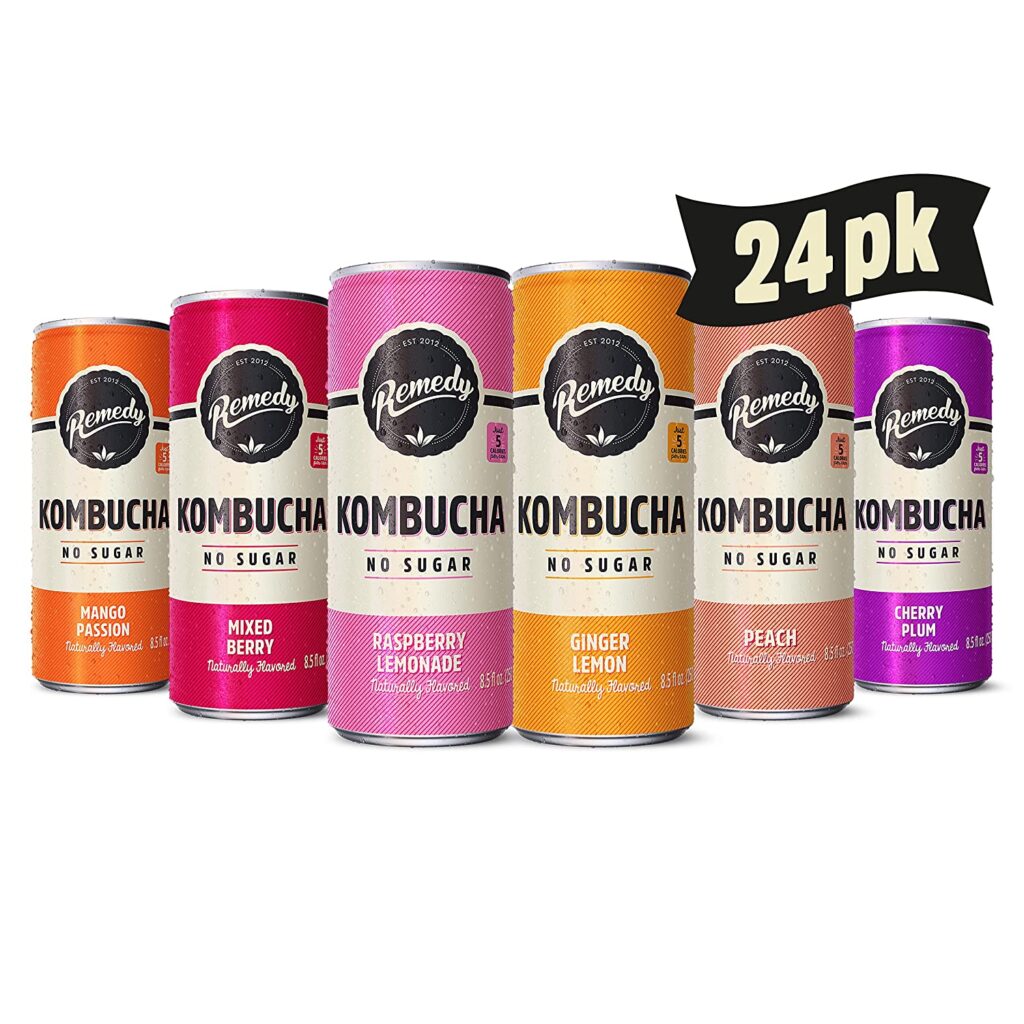When it comes to managing diabetes, finding suitable beverages can be a challenge. One popular drink that has gained attention in recent years is kombucha. But is kombucha a good choice for diabetics? Let’s delve into this topic and explore the potential benefits of kombucha for individuals with diabetes.
First and foremost, it’s important to understand what kombucha is. Kombucha is a fermented tea beverage made from sweetened tea and a symbiotic culture of bacteria and yeast (SCOBY). During the fermentation process, the sugar in the tea is consumed by the SCOBY, resulting in a tangy and slightly effervescent drink.
Benefits
Potential benefits of kombucha for diabetics is its low sugar content. Since the fermentation process reduces the sugar content, kombucha typically contains less sugar compared to other sweetened beverages. This can be advantageous for individuals with diabetes who need to monitor their sugar intake.
Furthermore, kombucha is known to contain beneficial probiotics. Probiotics are live bacteria and yeasts that are beneficial for gut health. Studies have shown that probiotics can help improve digestion, enhance nutrient absorption, and support a healthy immune system. Maintaining a healthy gut is particularly important for individuals with diabetes, as they may be at a higher risk of developing gastrointestinal issues.
In addition to probiotics, kombucha is rich in antioxidants. Antioxidants are compounds that help protect the body against oxidative stress and inflammation. Diabetes is associated with increased oxidative stress, which can lead to complications such as cardiovascular disease and nerve damage. Consuming antioxidant-rich foods and beverages, like kombucha, may help reduce the risk of these complications.
Exercise Caution
While kombucha offers potential benefits for diabetics, it’s essential to exercise caution and moderation. Although kombucha has a low sugar content, it still contains some amount of sugar. Therefore, individuals with diabetes should monitor their blood sugar levels and consider factors such as portion size and frequency of consumption.
It’s also worth noting that the effects of kombucha on blood sugar levels may vary among individuals. Some people may experience a minimal impact on blood sugar, while others may notice a more significant response. Monitoring blood sugar levels before and after consuming kombucha can help determine its individual impact.
As with any dietary change, it’s advisable for individuals with diabetes to consult with their healthcare provider or a registered dietitian before incorporating kombucha into their diet. They can provide personalized guidance based on individual health needs and medication regimens.
Potentially Beneficial Beverage
Kombucha can be a potentially beneficial beverage for individuals with diabetes. Its low sugar content, probiotics, and antioxidant properties make it an appealing choice. However, it’s important to monitor blood sugar levels, practice moderation, and seek professional advice when considering any dietary changes. By doing so, individuals with diabetes can make informed decisions about incorporating kombucha into their overall diabetes management plan. Want to learn more about how to make Kombucha yourself? Click here!
Want to try kombucha but not ready to brew? Check out a delicious sugar-free option.
This is not medical advice. You should contact your doctor before discussing if Kombucha is healthy for you.








